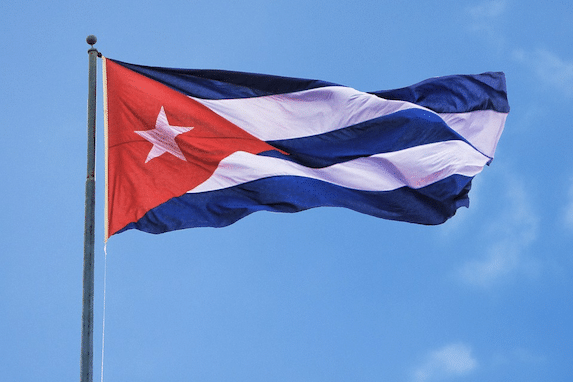by VIJAY PRASHAD

Five years ago, I read the story of Dr. Félix Báez, a Cuban doctor who had worked in West Africa to stop the spread of Ebola. Dr. Báez was one of 165 Cuban doctors of the Henry Reeve International Medical Brigade who went to Sierra Leone to fight a terrible outbreak in 2014 of a disease first detected in 1976. During his time there, Dr. Báez contracted Ebola.
The World Health Organization and the Cuban government rushed Dr. Báez to Geneva, where he was treated at the Hôpitaux Universitaires de Genève. He struggled with the disease, but thanks to the superb care he received, his Ebola receded. He was flown to Cuba. At the airport in Havana, he was received by his wife Vania Ferrer and his sons Alejandro and Félix Luis as well as Health Minister Roberto Morales.
At the website Cubasí, Alejandro—a medical student—had written, “Cuba is waiting for you.” In Liberia, the other Cuban doctors also fighting Ebola cheered for Dr. Báez. A Facebook page was started called Cuba Is With Félix Báez, while on other social media forums the hashtag #FélixContigo and #FuerzaFélix went viral.
Dr. Báez recovered slowly, and then, miraculously, decided to return to West Africa to continue to fight against Ebola.
No wonder that there is an international campaign to have the Cuban doctors be honored with the Nobel Peace Prize. This aspect of Cuba’s work is essential to its socialist project of international solidarity through care work.
U.S. Campaign Against the Doctors
When Dr. Báez returned to West Africa, his colleague Dr. Ronald Hernández Torres, based in Liberia, wrote on Facebook, “We are here by our decision and we will only withdraw when Ebola is not a health problem for Africa and the world.” This is an important statement, a reaction to the offensive campaign led by the United States government against Cuban internationalism.
The U.S. Congressional Research Service reported that “In June 2019, the [U.S.] State Department downgraded Cuba to Tier 3 in its 2019 Trafficking in Persons Report,” for, among other reasons, not taking “action to address forced labor in the foreign medical mission program.” This policy came alongside pressure by the U.S. government on its allies to expel the Cuban missions from their countries.
Monthly Review Online for more
